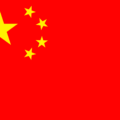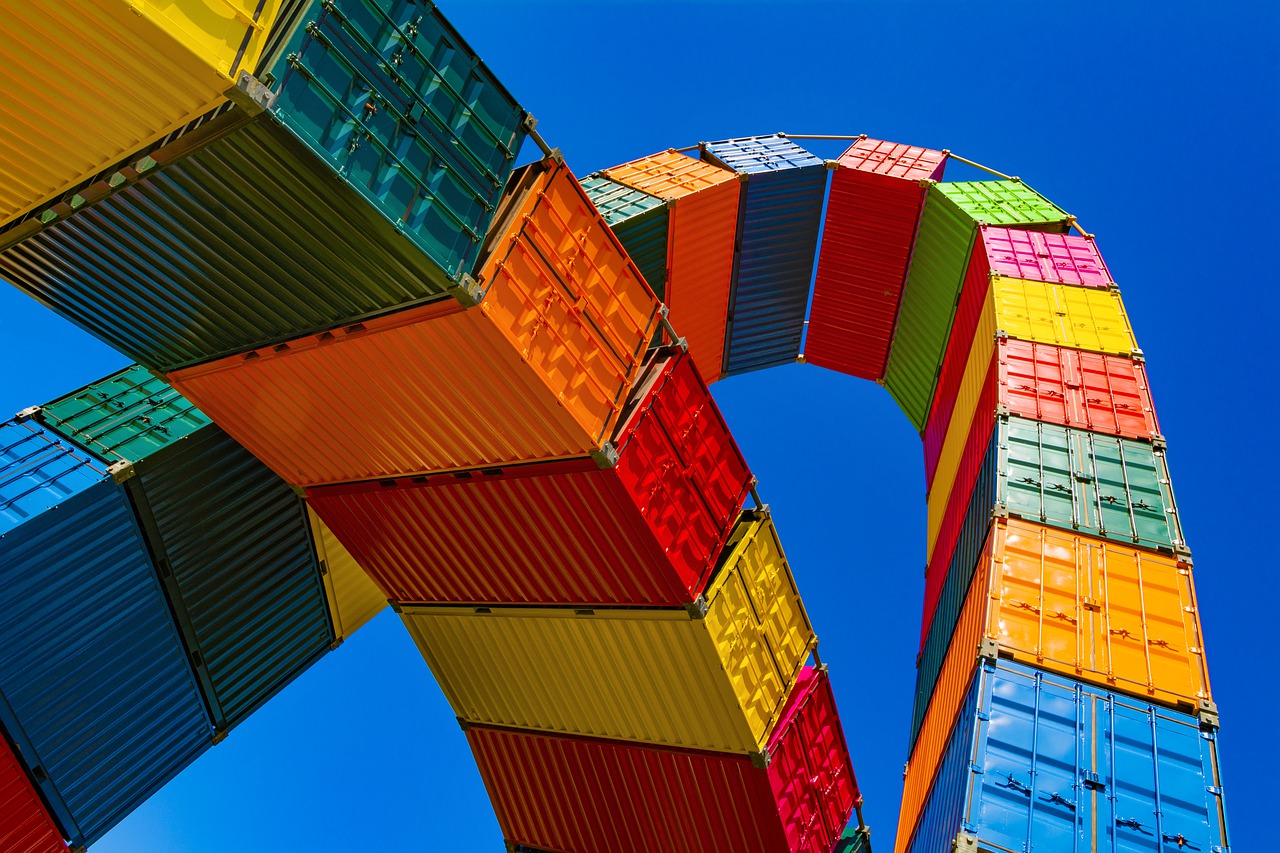Britain and Australia Set to Finalize Trade Deal Ahead of G-7 Summit

The British government is divided over whether or not to move ahead with a comprehensive trade deal with Australia. UK ministers disagree over giving Australian farmers access to the British market which will risk backlash from its farming industry.
The UK has announced that it is finalizing the deal with Australia ahead of the G-7 summit in June.
Signing a deal with a country on the other side of the world might not sound like the most environmental thing to do. However, this must be seen in a broader context. With the UK leaving the European Union they want to sign more free trade agreements globally. In this context, the trade deal with Australia is a priority along with another trade agreement with New Zealand.
One major objective of Brexit besides getting further away from the EU was forging new trade deals with the rest of the world. It was the idea that outside Europe Britain be able to create deals and expand the economy through trade. Thus far these deals have been limited with not many major deals established and none of them being new. That, however, is set to change with a potential trade deal between the UK and Australia. But it is not as simple as it sounds since the deal is already causing a rift within the government.
Without a trade deal, the UK and Australia have traded £18 billion worth of stuff in 2019. Australia’s main goods exports were gold, wine, led, and gems, while the UK’s main goods exports were cars, pharmaceuticals, scotch, and whisky. The Department for International Trade estimates that the deal could increase UK exports to Australia by up to £900 million. Additionally, it could boost GDP by £500 million with the deal said to be spread over the next fifteen years.
This deal is not just about increasing GDP, it’s a stepping stone for UK’s accession to the comprehensive and progressive agreement for Trans-Pacific Partnership.
However, even before the deal is signed it finds itself embroiled in disputes. The big controversy over the agreement is around how much access will the Australian farmers have over the British markets. With the zero-tariff offer, there is a chance that a number of products that can enter the UK market wouldn’t be limited or monitored.
Such negotiations between the UK and Australia do not necessarily have any impact on the EU. It will, however, set a precedent for Australia in the event that the UK offers zero-duty free trade to Australia. Australia might expect the EU to do the same and eliminate duty, thereby putting pressure on the EU.
This thus far seems to be the only drawback to the EU of the negotiations between Australia and the UK.
Amidst these disagreements over the deal, it is to be seen how far the deal and negotiations go. Time is of the essence since the countries want to finalize it before the G-7 summit in June.


















